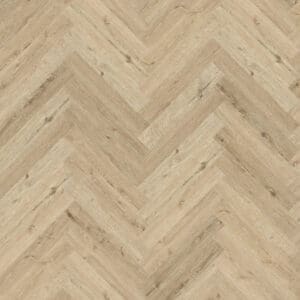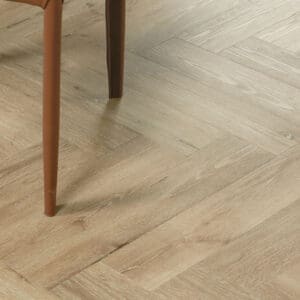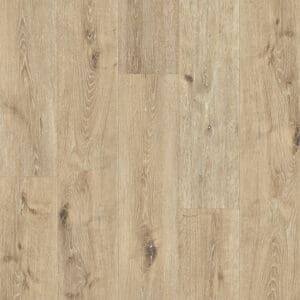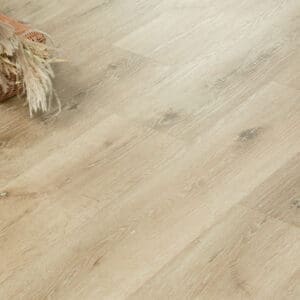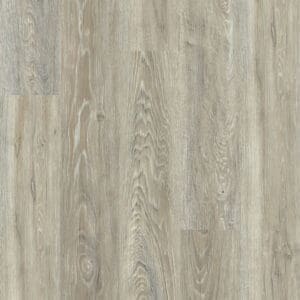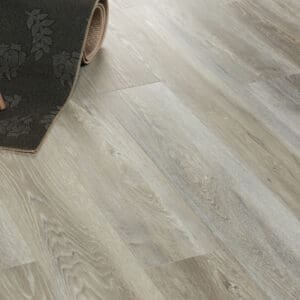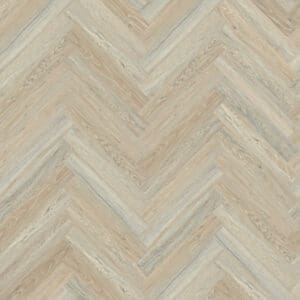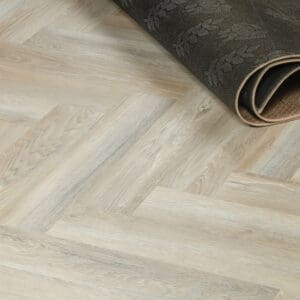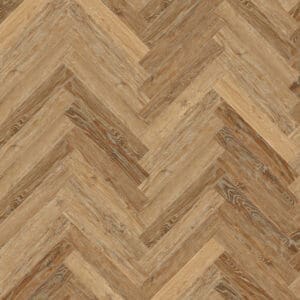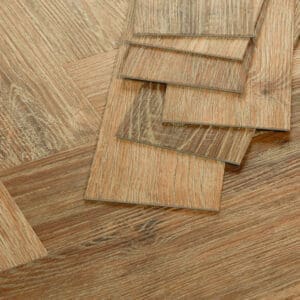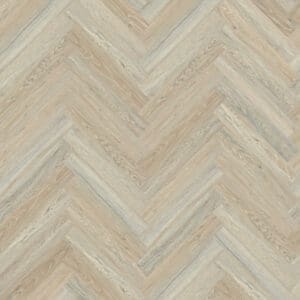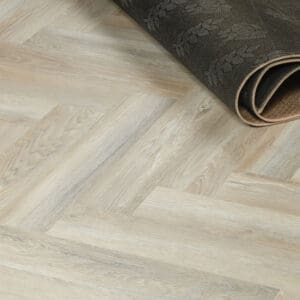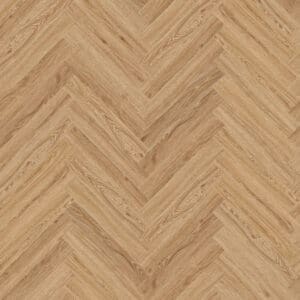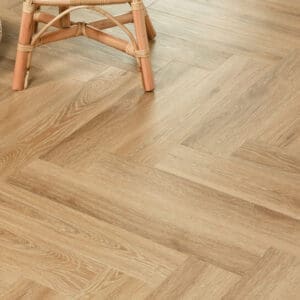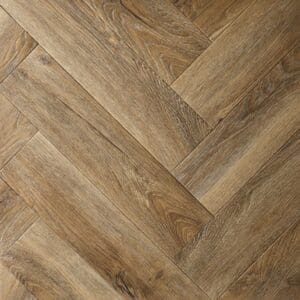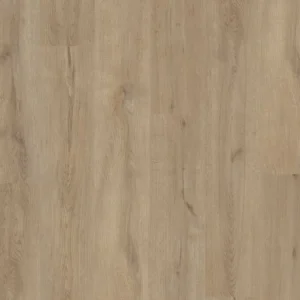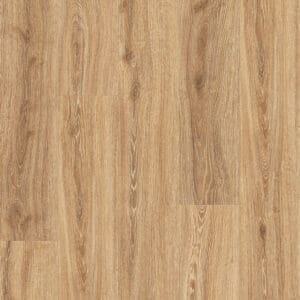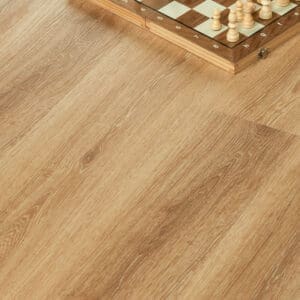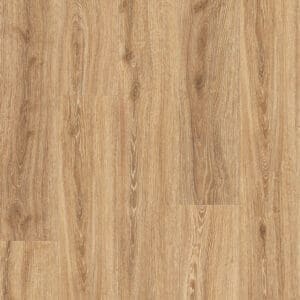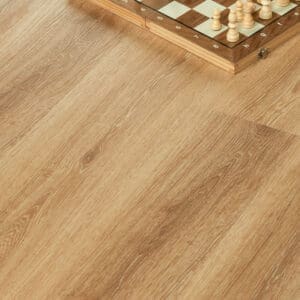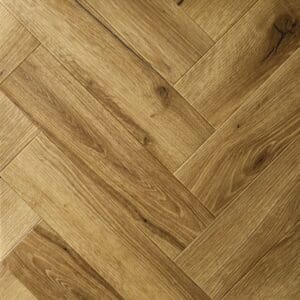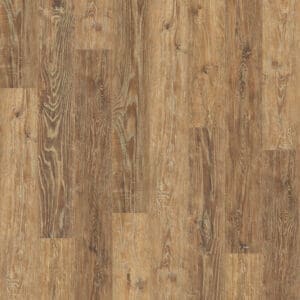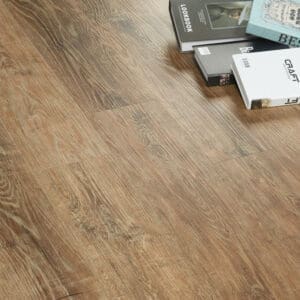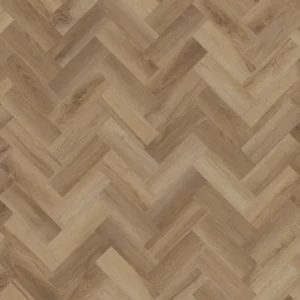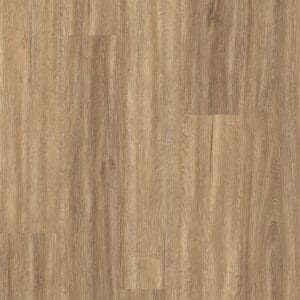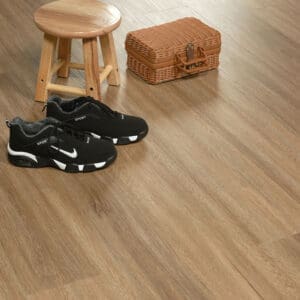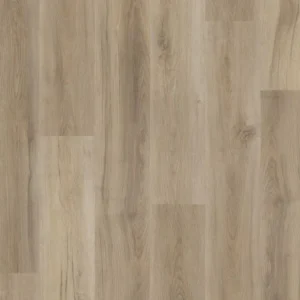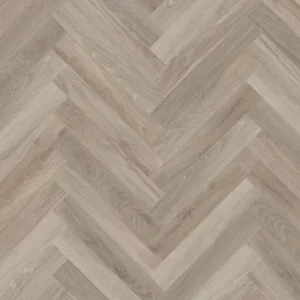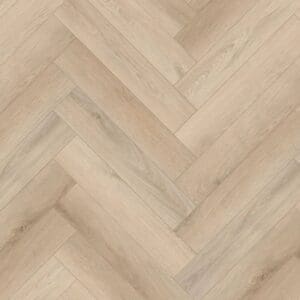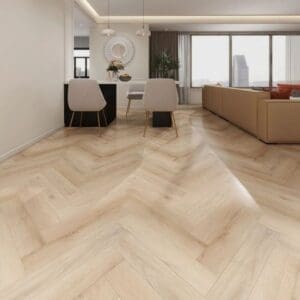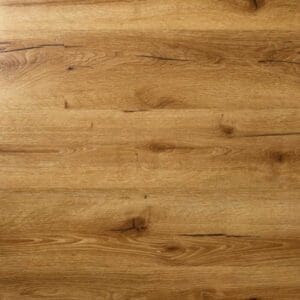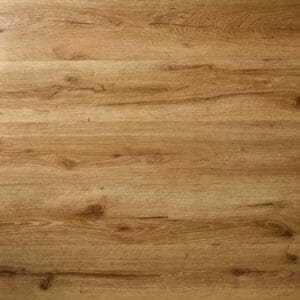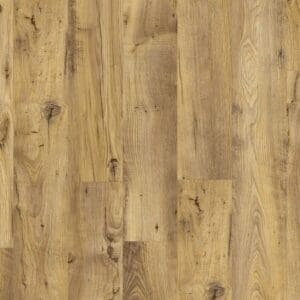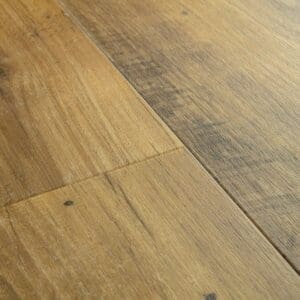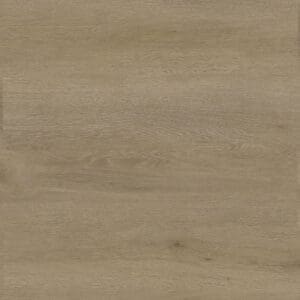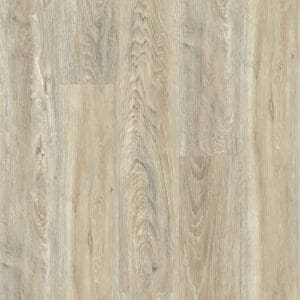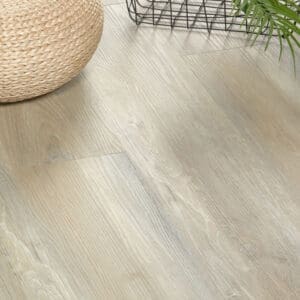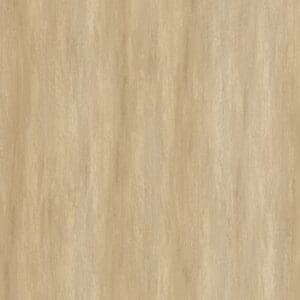LVT for the Conservatory
LVT (Luxury Vinyl Tile) is a superb flooring choice for a conservatory, offering a unique combination of style, durability, and a special ability to handle this room’s challenging environment. A conservatory is a space that experiences significant temperature fluctuations and direct sunlight, which can be damaging to many types of flooring. LVT is specifically engineered with a stable core to resist warping and a UV-resistant top coat to prevent fading, making it a far more reliable and long-lasting option than real wood or traditional laminate.
Choosing LVT for your conservatory means investing in a floor that is not only visually stunning but also built to perform under pressure. It is warm and soft underfoot, waterproof, and incredibly easy to clean, making it perfect for a space that connects your home to the garden. With a huge variety of designs available, LVT provides the ideal foundation for a beautiful and functional conservatory, ensuring a floor that will look great and perform flawlessly for many years to come.
The conservatory is a unique room that requires a floor with specific properties. It needs to be able to handle wide temperature swings, from hot summer days to cold winter nights, as well as prolonged exposure to direct sunlight. LVT, particularly products with a rigid core construction, are perfectly suited to this. The rigid core provides enhanced stability, preventing the planks or tiles from expanding and contracting with temperature changes, which is a common problem with traditional floating floors. Furthermore, high-quality LVT comes with a UV-cured top layer that prevents the decorative design from fading or discolouring, ensuring the floor’s aesthetic appeal is maintained over time.
In addition to its thermal stability and UV resistance, LVT for the conservatory is also exceptionally durable and practical. As a transitional space between the home and the garden, the conservatory floor is likely to see everything from muddy shoes and watering can spills to heavy foot traffic. LVT’s robust wear layer shields the floor from scratches, scuffs, and impacts, and its waterproof nature means that spills are no concern. It is incredibly easy to clean and maintain, requiring only regular sweeping and occasional mopping to keep it pristine. This makes it a much more hygienic and low-effort option than carpet or a porous natural stone.
Comfort and warmth are also key considerations for a conservatory, which can often feel cold in the evenings. LVT is a far more comfortable choice than ceramic or natural stone tiles, as it is softer and warmer to the touch. This quality is enhanced by its excellent compatibility with underfloor heating systems, which are a popular feature in modern conservatories. This allows you to create a warm and inviting space that can be enjoyed all year round, regardless of the weather outside. The variety of designs, from light wood effects that open up the space to rich, dark stone effects that create a grounded feel, means you can perfectly complement the room’s connection to nature and your home’s interior decor.
When it comes to installation, it’s crucial to choose the right method for a conservatory. A Glue Down installation provides the most secure and stable fit, preventing any movement. However, a high-quality rigid core Click LVT, which is designed for dimensional stability, is also a fantastic option. With its blend of stunning aesthetics, superior performance in challenging conditions, and low maintenance, LVT is the ideal flooring choice for any conservatory.
Buying Guide
Choosing LVT for your conservatory requires careful thought. Here’s a detailed guide to help you select the perfect product for this unique room.
Room Usage / Location: The conservatory experiences extreme temperature changes and high levels of UV light. You should choose an LVT with a high-performance core (like a rigid core) and a UV-resistant top coat to prevent warping and fading.
Lifestyle: LVT is an excellent choice for a conservatory, which often serves as a family space. Its resilience to scratches, water, and spills makes it a practical option for homes with children and pets.
Budget: LVT provides the luxurious look of natural materials at a more accessible price. The cost will depend on the wear layer thickness and core type, but its longevity and low maintenance offer excellent long-term value.
Durability & Maintenance: Look for a product with a robust wear layer (0.3mm or higher) and a UV-stable top coating. Maintenance is simple; regular sweeping and occasional mopping will keep your conservatory floor looking its best.
Material Type Pros & Cons: Pros include superior thermal and UV stability, water resistance, durability, and a wide range of designs. The main con is its synthetic nature, which some people may prefer to avoid.
Aesthetics & Style: LVT offers a huge selection of wood and stone effects. Lighter tones can make a conservatory feel more open and airy, while darker tones can add a sense of cosiness and connection to the main house.
Comfort & Sound: LVT is softer and warmer than ceramic or natural stone tiles. Its layered construction also helps to absorb sound, making for a quieter and more peaceful environment.
Underfloor Heating: LVT is fully compatible with underfloor heating systems. This is a great feature for a conservatory, as it can be used to regulate the temperature and make the floor a comfortable temperature all year round.
Installation: For a conservatory, a high-quality rigid core Click LVT or a professional Glue Down installation is recommended. These methods provide the best stability against temperature fluctuations.
Sustainability: Many reputable manufacturers are committed to producing LVT responsibly, with products that are phthalate-free and have low VOC emissions. Look for products with recognised environmental certifications.
Frequently asked questions
Will my LVT floor fade in the conservatory?
High-quality LVT designed for conservatories and high-light areas is treated with a UV-cured top layer to resist fading. While no material is completely impervious to direct, prolonged sunlight, a good LVT will maintain its colour and appearance far better than traditional wood or laminate.
Can LVT flooring warp in a conservatory’s heat?
Traditional LVT may be susceptible to some expansion and contraction. However, a modern rigid core LVT is specifically engineered for dimensional stability, making it highly resistant to warping from the temperature fluctuations often found in a conservatory. This is the recommended choice for this specific room.
Is LVT a better choice for a conservatory than ceramic tiles?
In many ways, yes. LVT is much warmer and softer underfoot than ceramic tiles, which can be very cold, especially in the winter. It is also less likely to crack or chip and is easier to install. LVT with a high-performance core is a fantastic choice for a conservatory that you want to use all year round.
Frequently Asked Questions
Will my LVT floor fade in the conservatory?
High-quality LVT designed for conservatories and high-light areas is treated with a UV-cured top layer to resist fading. While no material is completely impervious to direct, prolonged sunlight, a good LVT will maintain its colour and appearance far better than traditional wood or laminate.
Can LVT flooring warp in a conservatory's heat?
Traditional LVT may be susceptible to some expansion and contraction. However, a modern rigid core LVT is specifically engineered for dimensional stability, making it highly resistant to warping from the temperature fluctuations often found in a conservatory. This is the recommended choice for this specific room.
Is LVT a better choice for a conservatory than ceramic tiles?
In many ways, yes. LVT is much warmer and softer underfoot than ceramic tiles, which can be very cold, especially in the winter. It is also less likely to crack or chip and is easier to install. LVT with a high-performance core is a fantastic choice for a conservatory that you want to use all year round.
